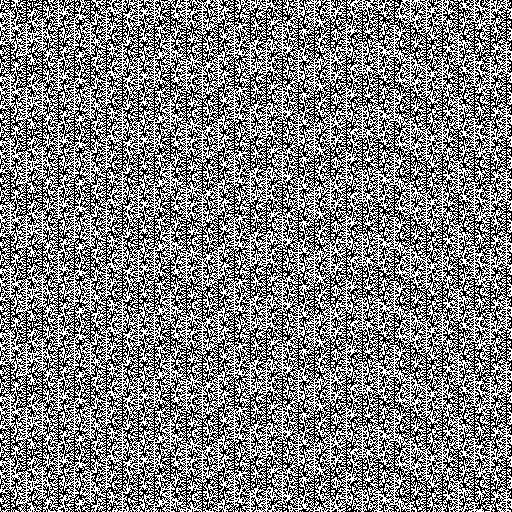Generate A Random Key In Php
This is an article which is specifically written to generate key used in a Laravel web-based application project. The key generated is very special for several features which is needed by the Laravel web-based application itself. It is important because the key is going to be used further for generating cookies and even password across the application. It is actually generated a 32-length of random string.
- Mar 20, 2018 In this PHP tutorial you will learn how to create a random string of characters using PHP, which can be used for different purposes such as help users with a forgotten password, create unique.
- Generate a random number using your favourite random-number generator; Multiply and divide it to get a number matching the number of characters in your code alphabet; Get the item at that index in your code alphabet. Repeat from 1) until you have the length you want; e.g (in pseudo code).

Random Key Steam
Generates an arbitrary length string of cryptographic random bytes that are suitable for cryptographic use, such as when generating salts, keys or initialization vectors. The sources of randomness used for this function are as follows: On Windows, » CryptGenRandom will always be used. This function does not generate cryptographically secure values, and should not be used for cryptographic purposes. If you need a cryptographically secure value, consider using randomint, randombytes, or opensslrandompseudobytes instead.
Actually, it is going to be automatically generated upon the creation of the Laravel web-based application using composer utility or command which is represented with ‘composer create-project laravel/laravel’ command.
The key generated by typing a command which is executed as follows : /ssh-generate-key-windows-10.html.
So, the command itself will sets the APP_KEY value in your .env file. On the other hand, if the Laravel web-based project is created by using a version control system like git to manage it for further usage, for an example calling git push to be able to push the source to a certain repository, it will definitely push a copy of the Laravel project to wherever it is going, but will not include the existing .env file . So, in order to run the project after cloning the project using git clone, it must be manually execute ‘php artisan key:generate’ for the application itself to function correctly.
But the command will failed as shown below :
This is a command which is needed to be carried out by a specific user account. It is might be the permission which is needed to write the .env file doesn’t fit enough. Only specific file is allowed to write or to modified the .env file since executing the command will actually insert a certain key value generated by the command to a specific file named ‘.env’. Try to re-execute the command and in the following output, it is executed using ‘root’ account as shown below :

The generated key can actually be viewed in the file .env as shown below for an example :
To generate the key, make sure that the entry in config/app.php which is defining the cipher used and the location of the exact 32 characters string will be inserted.
As you can see, generating random and unique hexadecimal strings up to 40 characters long is very easy in PHP. Generate Cryptographically Secure Random Strings. The three functions to generate random alphanumeric strings that we have discussed so far are not cryptographically secure. Can be useful, for instance, if you generate identifiers simultaneously on several hosts that might happen to generate the identifier at the same microsecond. With an empty prefix, the returned string will be 13 characters long. If moreentropy is TRUE, it will be 23 characters. Sep 24, 2018 The rand function is used in PHP to generate a random integer. The rand PHP function can also be used to generate a random number within a.
Php Random Function
Here's my final version of a GUIDv4 function (based on others work here) that should work on all platforms and gracefully fallback to less cryptographically secure version if others are not supported..
<?php
/**
* Returns a GUIDv4 string
*
* Uses the best cryptographically secure method
* for all supported pltforms with fallback to an older,
* less secure version.
*
* @param bool $trim
* @return string
*/
function GUIDv4 ($trim = true)
{
// Windows
if (function_exists('com_create_guid') true) {
if ($trim true)
return trim(com_create_guid(), '{}');
else
return com_create_guid();
}
// OSX/Linux
if (function_exists('openssl_random_pseudo_bytes') true) {
$data = openssl_random_pseudo_bytes(16);
$data[6] = chr(ord($data[6]) & 0x0f 0x40); // set version to 0100
$data[8] = chr(ord($data[8]) & 0x3f 0x80); // set bits 6-7 to 10
return vsprintf('%s%s-%s-%s-%s-%s%s%s', str_split(bin2hex($data), 4));
}
// Fallback (PHP 4.2+)
mt_srand((double)microtime() * 10000);
$charid = strtolower(md5(uniqid(rand(), true)));
$hyphen = chr(45); // '-'
$lbrace = $trim ? ' : chr(123); // '{'
$rbrace = $trim ? ' : chr(125); // '}'
$guidv4 = $lbrace.
substr($charid, 0, 8).$hyphen.
substr($charid, 8, 4).$hyphen.
substr($charid, 12, 4).$hyphen.
substr($charid, 16, 4).$hyphen.
substr($charid, 20, 12).
$rbrace;
return $guidv4;
}
?>